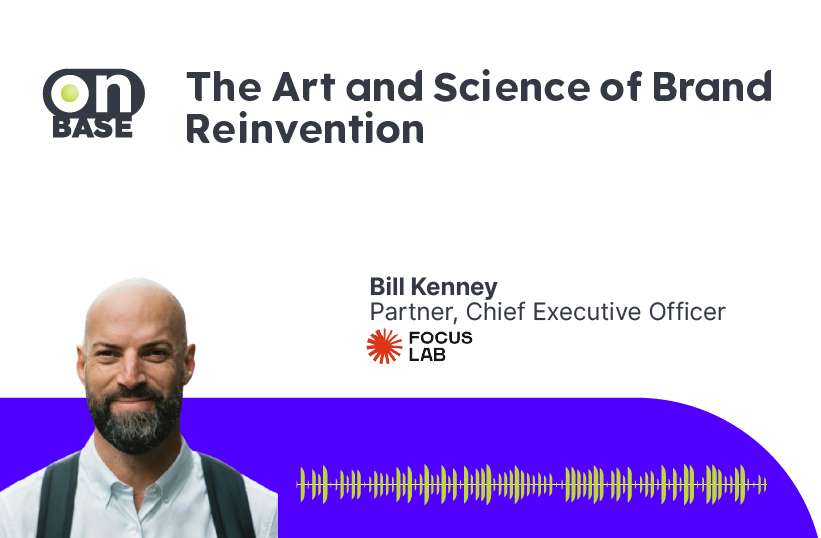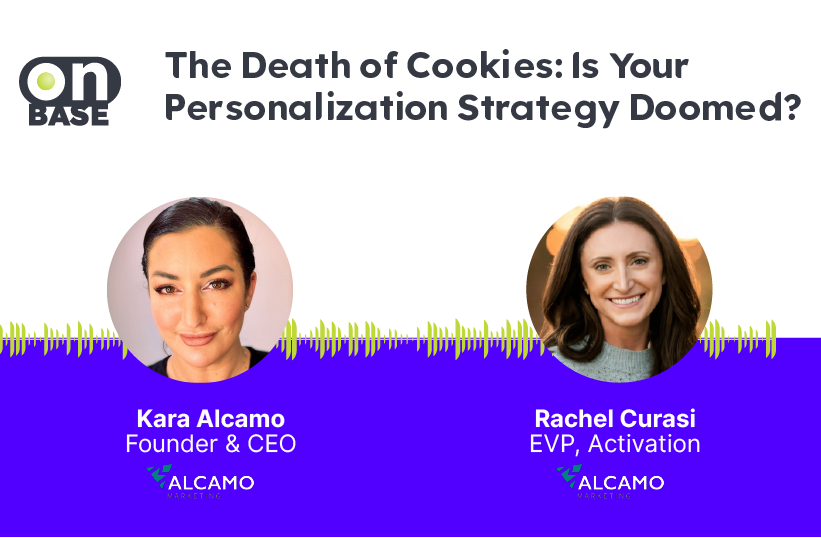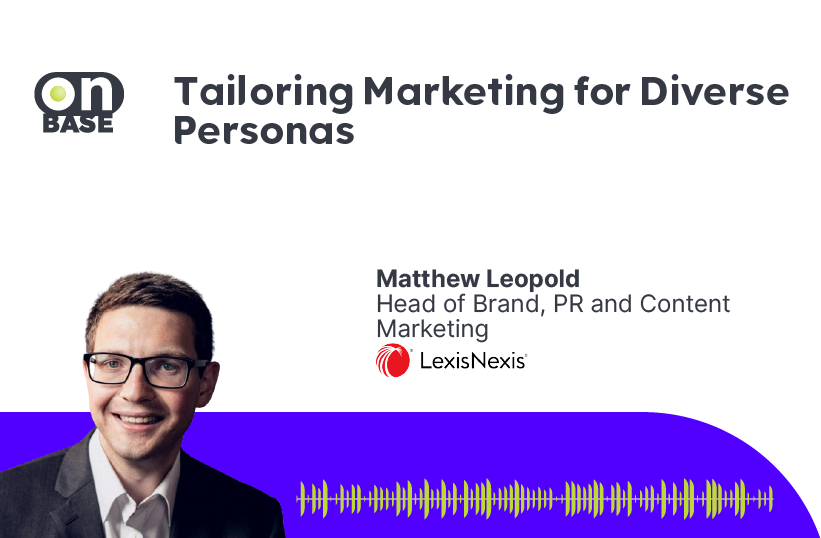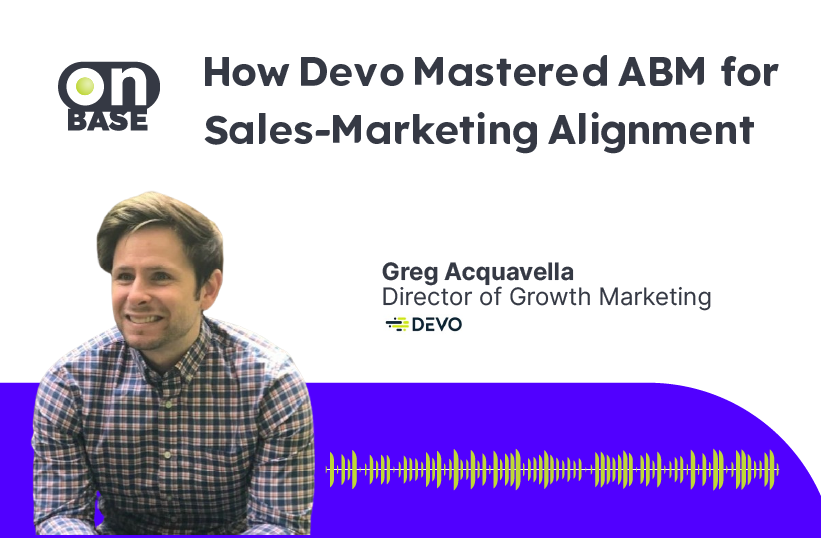
Where Are We Going with First-party Data?
Shownotes
It is no secret that changes in data policies are taking place and that we are moving towards a cookieless future. Is this something marketers should be afraid of? In this episode, Louis Cohen argues otherwise by presenting the ways companies can leverage by mindfully managing data. He tackles how the tools to thrive exist, but companies need to know how to piece them together. Tune in!
About the Guest
Louis Cohen (aka Lou Cohen) is Ernst & Young’s Digital Marketing & Demand Generation Leader for the Americas, where he oversees Ernst & Young’s Brand presence, Media, MarTech, EY.com, Analtyics, & more; essentially, Ernst & Young’s Brand to Demand journeys in the US & throughout the Americas region. Additionally, Louis is a professor of Digital Marketing at CUNY Baruch College & NYU.
Key Takeaways
- First-party data is important for B2B marketers to understand and work with, and there are a variety of challenges impacting how they do this.
- One challenge is connecting all the different pieces of data. Another challenge is understanding how individual customers move through the journey from end to end.
- Marketing in the cookie-less future will require a blend of marketing skills and technical expertise.
- This future is privacy-friendly for consumers, as it means marketers will have to work harder to collect data without invading people’s privacy.
Quote
“Marketers and companies need to make sure that they have a plan for how to work with that first-party data… Apple is enforcing new privacy capabilities on their devices and Google, later down the road, has said that they are going to depreciate the value of third-party cookies…Making sure that you have your first-party data organized is critical.”
– Louis Cohen
Highlights from the Episode
Why is it mission critical for B2B marketers to figure out what happens with first-party data?
First-party data is the information that marketers themselves collect and they need to understand how to work with the data coming in. This makes markets more knowledgeable about better engagement with clients and it provides awareness of what is being utilized in the website or app. With the enforcement of the new privacy capabilities on devices and how Google mentioned depreciating the value of third-party cookies, companies must organize their first-party data.
What are some of the major challenges impacting B2B marketers in this space and how are they/their organizations tackling it?
Enhancing and connecting the data tends to be one of the biggest challenges B2B marketers face. Companies are going to address these challenges differently with the variety of tools and partners available. Asking the questions of 1) what information do I have? 2) how am I seeing that information come through a tool? 3) how can digital activity generate buyers? 4) further down the road, will these be customers who pay the bills? 5) do they become loyal? and so much more are the keys to help map and connect data. Another challenge is having the right technology, tools, and infrastructure for an effective data lake in the potentially cookieless future. Companies will have a long journey in solving these challenges especially if they have not figured out the basics of CRM and marketing automation.
Why has it become crucial for a marketer to be a technologist as well?
Today’s marketer is not only about understanding ratings and reviews, but more so about understanding how the customer works. Being a technologist can help markets realize how technology operates and plays a role in bringing insights toward success. Being an analyst on generalist in marketing requires understanding the technologist side to recognize what data matters, interpret data visualizations, and bring insights to the business to empower GTM strategy.
The tools to thrive in a cookieless future exist, you just need to know how to piece them together. Can you elaborate more on this?
The cookieless future means favoring the customer more in terms of privacy and it is not something marketers should be afraid of. This model allows customers to have the power to share the information they are willing to share. With this, marketers should only take the data needed to operate and find reasonable ways to collect other information. To do this, companies will turn to third-party data marketplaces.
How are you and your organization adapting to the current economic downturn?
Ernst & Young has been around for a long time and the company has weathered through both great and bad economic times. Ernst & Young sees this current economic downturn as an opportunity to continuously support the companies we work with and help businesses work their path through this economic crisis by offering growth opportunities.
Is there a book, blog, newsletter, website, or video that you would recommend to our listeners?
Shout-Outs
Ben Pollack – Director, Global Demand Generation & Marketing Strategy at Verizon Business
Larry Cohen – EVP Data Strategy & Customer Success at Decision Foundry
Howie Konopko – Executive Vice President, Account Services at Publicis FKA

Sunny Side Up
B2B podcast for, Smarter GTM™
